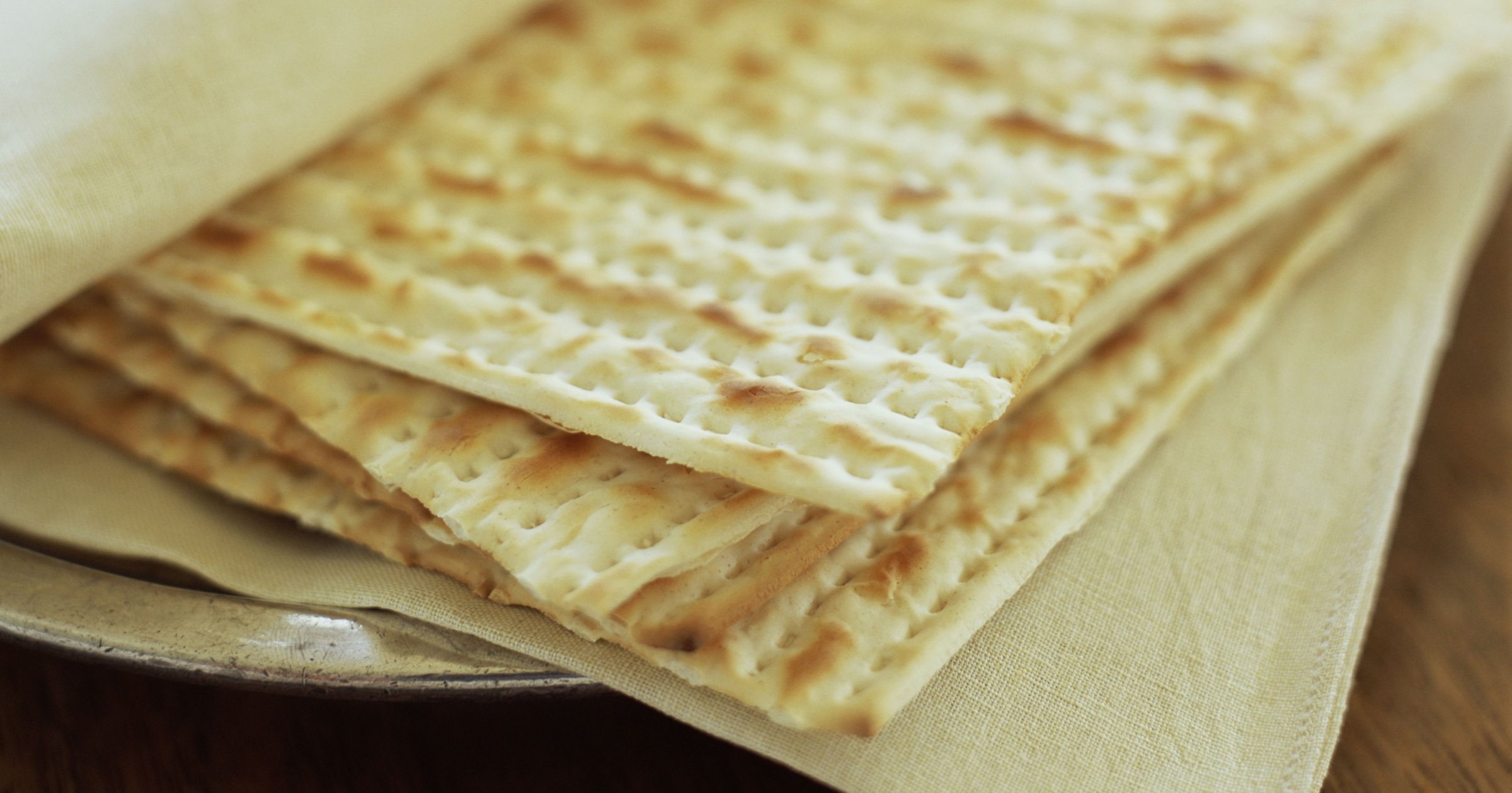
At the Passover seder, we open the door for Elijah. What do we expect will happen?
According to the biblical text, Elijah does not die. Rather he is carried up to heaven in a whirlwind. Since Elijah does not die, it makes sense for him to be the one to return and announce the coming of the Messiah. We open the door in the hope that Elijah will walk in and herald the end of human anguish and the dawn of redemption.
In Jewish tradition there are different ideas about redemption. When the prophet teaches that the lion will lay down with the lamb (Isaiah 11:6), some take that literally to mean that the order of nature will be changed. Others, like Maimonides, the greatest Jewish theologian of the Middle Ages, assume it is a metaphor to mean that big and small nations will dwell together in harmony. Maimonides paints a very worldly picture of redemption: “In that era there will be neither famine nor war, neither envy nor strife, because good will emanate in abundance and all delightful things will be accessible as dust. The one preoccupation of the entire world will be solely to know God.”
There are several times Elijah’s arrival is anticipated in the Jewish ritual cycle: most notably at a brit milah (circumcising a male child on the eighth day), at the end of the Sabbath, at the end of Yom Kippur and on Passover. All of these times we have signs and symbols that await Elijah, or we sing a song anticipating his arrival.
Each holiday has specific reasons for Elijah’s possible arrival: At the birth of a male child we recall that Elijah once accused the Jewish people of breaking the covenant with God, and God therefore decreed, according to tradition, that Elijah should be there to witness the enactment of the covenant and the true fidelity of Israel. On the Sabbath, we celebrate a perfect day that is a taste of redemption. On Yom Kippur we are cleansed of sin. And on Passover, the redemption from Egypt presages the ultimate redemption.
More powerfully, these times have something in common—they are all family times. For a brit milah, it is customary for family and friends to gather to celebrate the ushering of a child into the community of Israel. At the end of Sabbath and Yom Kippur, families gather together for the concluding service of havdalah. And Passover is the quintessential family holiday, with questions for children at the beginning, songs for them at the end, and a ritual meal for all to share.
Does family teach us something about the Messiah?
Scripture does teach what will happen when Elijah announces the Messiah. The prophet Malachi proclaims, in the portion of Scripture we read on Passover: “God will turn the hearts of parents to children, and children to their parents” (Malachi 4:6). In other words, Messianic days are a time of family. Whenever you have the joy to be gathered around the table with those whom you love, you have a foretaste of redemption. May you have a joyous Passover.
More Must-Reads from TIME
- Why Trump’s Message Worked on Latino Men
- What Trump’s Win Could Mean for Housing
- The 100 Must-Read Books of 2024
- Sleep Doctors Share the 1 Tip That’s Changed Their Lives
- Column: Let’s Bring Back Romance
- What It’s Like to Have Long COVID As a Kid
- FX’s Say Nothing Is the Must-Watch Political Thriller of 2024
- Merle Bombardieri Is Helping People Make the Baby Decision
Contact us at letters@time.com